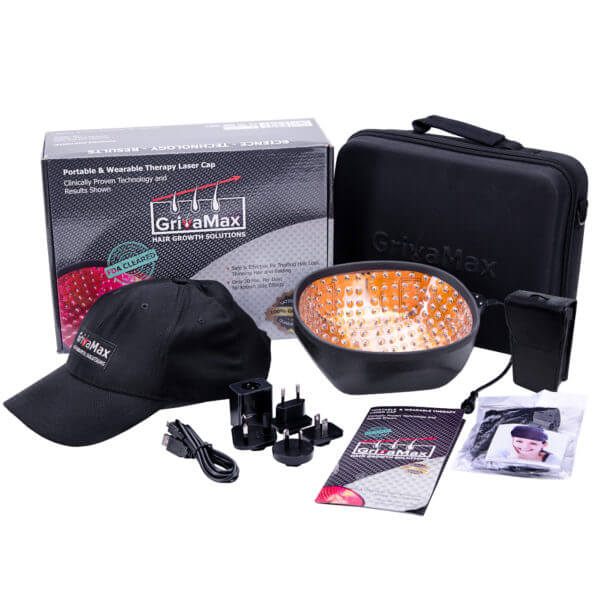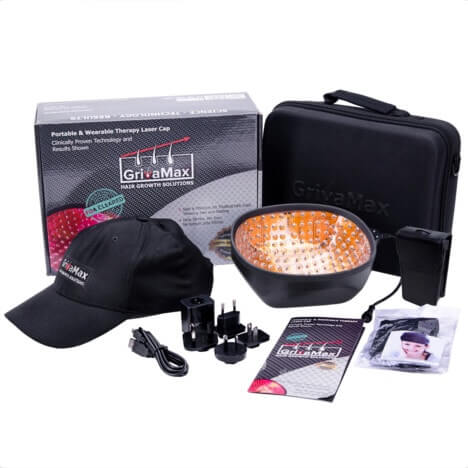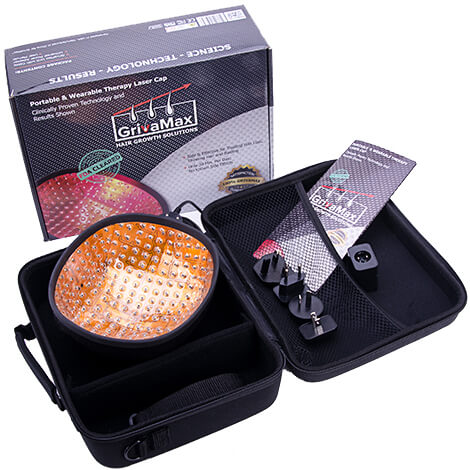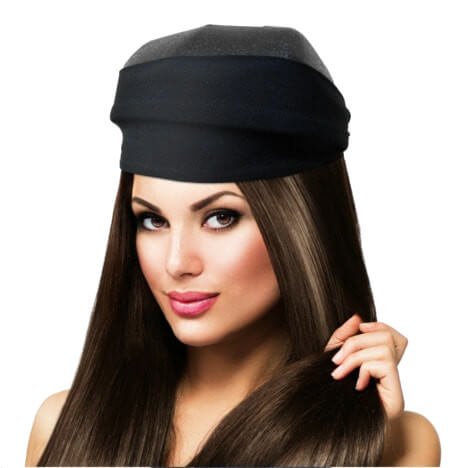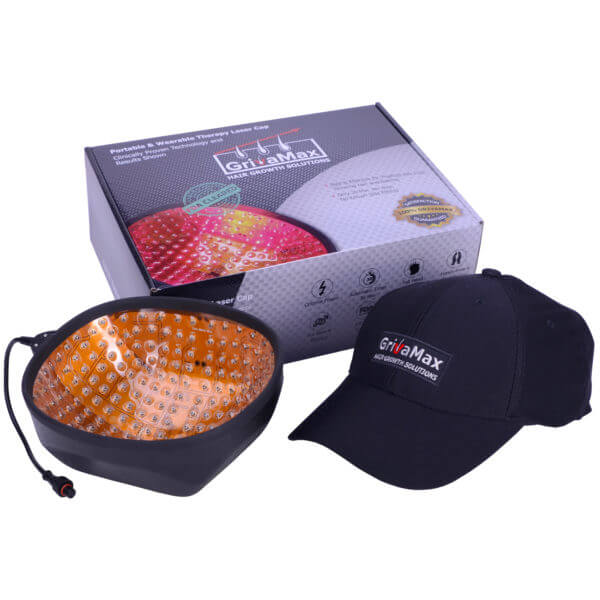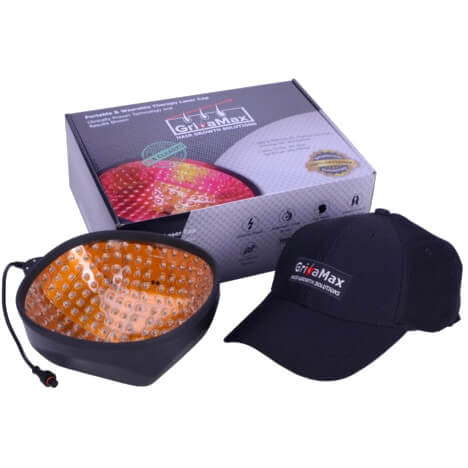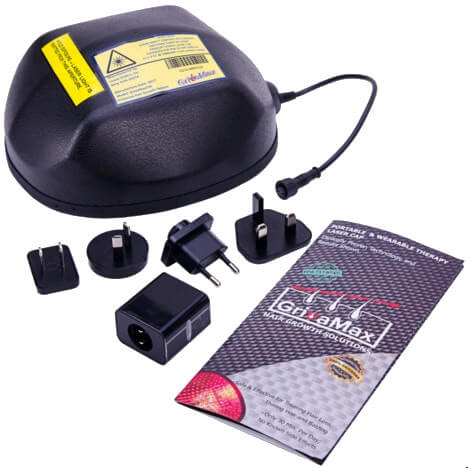Dihydrotestosterone (DHT) is an active form of the male hormone testosterone. Excessive amounts can be the main reason for male baldness (androgenic alopecia). In several different forms, this disease can affect (mostly) men and women. Learn more about HMI index and how to find out the hair loss speed: https://www.grivamax.com/hair-mass-index-hmi/.
DHT is an obstacle for normal blood circulation towards hair follicles, and as a result they die. Of course, scientists started to search for the way to block this harmful process, and prevent hair from falling out. They found this solution: use DHT-blockers to stop hair loss.
How do DHT-blockers work?
DHT-blockers (another term for antiandrogens) are the substances and products of natural or artificial origin, which:
- block the production of dihydrotestosterone,
- connect with cell receptors.

DHT is formed from testosterone when exposed to the enzyme 5-alpha-reductase. At this stage, the synthesis of DHT can be stopped if the active enzyme is blocked. As a result, the amount of the hormone decreases, which means that its effect on the hair follicles will be reduced. This is an example of how the majority of medications work.
Since the raised level of DHT leads to sexual problems for men, higher cholesterol and oily skin in both sexes, and excessive hair growth on the face and the body, DHT-blockers help with these problems as well. Another use for antiandrogen is to help women with higher levels of male hormones.
Medications of this group can be combined with other therapeutic methods. For example, antiandrogens stop hair loss, and low intensity laser radiation starts the process of hair follicle regeneration, which laser caps are capable for. It is important that minimizing DHT production doesn’t impact the patient’s health dramatically, because it doesn’t play a vital role for the body, but, of course, there are some side effects.
What is included in the group of DHT-blockers?
This group includes quite popular trichologist drugs, such as Finasteride (Propecia, hair loss treatment, which is good for men only), Minoxidil, Cimetidine, and Spironolactone. A number of herbal remedies can also block the production of DHT: dwarf palm, dioecious nettle, phytoestrogens from red clover, soy, and alfalfa. The effectiveness of herbal medicines haven’t been confirmed by clinical studies, but it will possibly happen in the future.
Attention! The above listed medications and all antiandrogens are not allowed to be used without previous consultation with a doctor! They have a direct impact on the hormonal regulation of the whole body, which is why taking them uncontrollably can cause system disorders. DHT-blockers can cause problems with libido in men (in 3% of cases).
The best thing you can do is see the doctor as soon as possible. Based on the competent diagnosis, the specialist will develop a complex method of treatment that you should carefully follow.
References and extra reads: https://fitnessforthemasses.com/best-natural-dht-blockers/
 1,417
1,417
